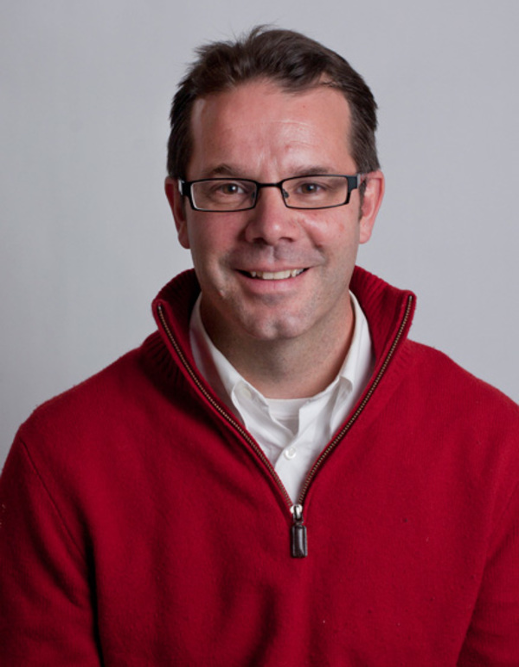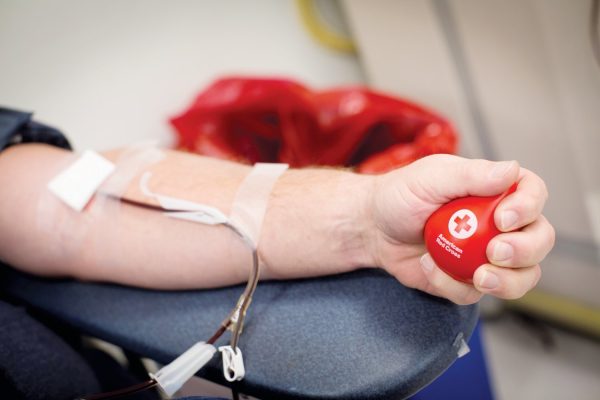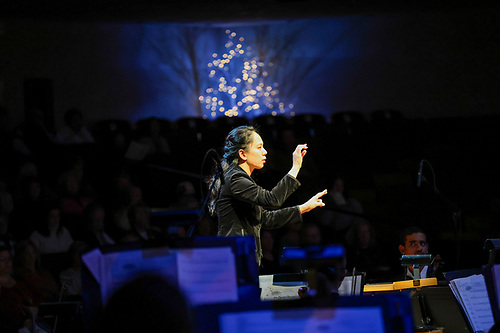Robert Christman presents “Early Modern Lutherans Confront ‘the Other’: First Encounters with Black Africans and Islamic Turks”
On Tuesday, September 20, Luther students and faculty members gathered together to learn about the research done by Professor of History Robert Christman. The presentation was titled: “Early Modern Lutherans Confront ‘the Other’: First Encounters with Black Africans and Islamic Turks.” The one-hour lecture took place in Baker Commons.
Christman presented the research in three parts. The first part focused on German speakers’ understanding of Black Africans and Ottoman Turks from 1000 to 1400 C.E. The second segment focuses on the period from 1400 to 1550 C.E., a time marked by German speakers’ increasing interest in Black Africans. A discussion of the interactions between Black Africans, Ottoman Turks, and Lutherans during the years after 1550 C.E. concluded the presentation’s third part. Christman points to his research’s broader implications in discussions of identity.
“The research highlights how identity is constructed, in this case, German speakers and ‘the other,’” Christman said. “‘The other’ here is often used and instrumentalized in defining ourselves. Though there are few instances where German speakers made an effort to understand Black Africans and Turks, this was most often not the case. We depend on ‘the other’ to define ourselves and establish our identity.”
At the beginning of the event, Associate Professor of History Brian Caton spoke on the importance of the presentation.
“As members of the history department, we saw the need for professors to talk about their different research as a way of sparking interest in history and historical discussions among students and faculty members,” Caton said. “These presentations are also a way of answering the question: what do historians do?”
Following the presentation was a Q&A period where the audience asked questions about artworks shown during the presentation and the broader implications of the research. Kelly Kestner (‘23) attended the presentation and was interested in knowing how Europeans constructed the basis of slavery during those periods as opposed to Americans.
“I found it very interesting that for Europeans in the past, slavery was mainly focused on religion instead of race, unlike in the Americas,” Kestner said. “People were taken as captives during wars or explorations and were described as pagans if they were Black or Turks, not based on their racial identity.”
Christman ended the event by emphasizing again that the idea of “the other” is often important in defining ourselves. Christman’s research highlighted how identity is constructed, and he reiterated that German speakers were not looking at Black Africans to understand them.
Christman will be leading a January term study away course entitled “Islam in Europe: The History and Politics of Muslim Belonging (Germany, Netherlands & England)”. The course will focus on the political and cultural integration of Muslim minority communities and immigrant populations in general into Western Europe.





